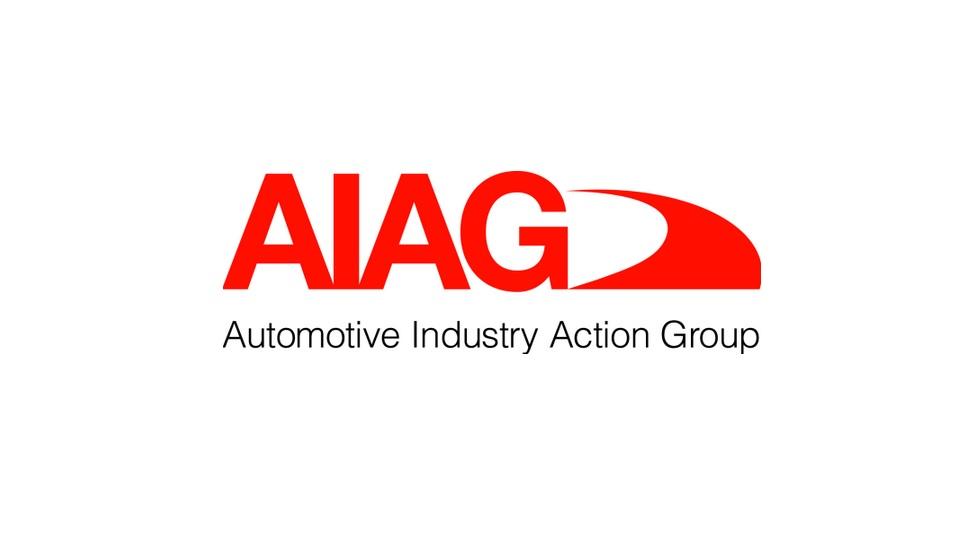Automakers Cooperate for the Good of People and Environment Worldwide

For Earth Week, we are running guest posts from a number of influential companies and individuals in sustainability. Today's post is written by Tanya Bolden, Automotive Industry Action Group.
It might come as a surprise to consumers and auto industry insiders alike that 14 global automakers have recently reached an unprecedented agreementthat will benefit the environment, and the millions of workers worldwide who make vehicles. The companies— BMW Group, Chrysler Group LLC., Daimler, Fiat S.p.A., Ford, GM, Honda, Jaguar/Land Rover, PSA Peugeot Citroen, Scania, Toyota, Volkswagen, Volvo Cars and Volvo Group—have all endorsed a new set of guidelines intended to make sure their suppliers treat workers fairly, practice business ethically, and reduce environmental impact. The 14 automakers together produce more than half the world’s vehicles made each year, so getting them behind this common set of standards will have a profound impact on the way cars are made throughout the industry—and around the world.
Working Together: Good for Business and the World
What’s driving the industry to take these steps? Well, it’s simply good business. Automakers and suppliers of all sizes face heightened compliance and extended responsibility expectations, from materials sourcing, handling, reporting and disposal requirements to improving factory working conditions. That’s why my colleagues and I at the Automotive Industry Action Group (AIAG), a not-for-profit association of more than 1,000 automakers and suppliers, helped broker this latest agreement. It’s imperative that we work together to develop, socialize and deploy industry best practices on a range of issues for our global supply chains. Here are some other examples.
Accelerating Action on Conflict Minerals
At the recent AIAG Corporate Responsibility Summit near Detroit, I joined with other members of the global auto industry to launch an awareness campaign designed to accelerate action on conflict minerals, which was identified in a new survey as the most significant issue facing the industry this year. The new campaign microsite illustrates what action the auto industry has taken on the issue; and how companies can engage with AIAG on conflict minerals and meet the May 31, 2014 deadline to file a Conflict Minerals Report with the U.S. Securities and Exchange Commission, as required by law.
New Survey Confirms Corporate Responsibility Priorities
According to AIAG’s new Global Automotive Corporate Responsibility Survey, more than seven in 10 respondents said corporate responsibility is a significant priority at their companies, including issues related to business ethics, energy use and conservation, environmental emissions, reporting and supply chain transparency. The survey also found that:
- More than 70 percent of survey respondents said it was most important to meet reduction goals for energy use and waste, followed by water use, air emissions and greenhouse gas emissions.
Supplier Sustainability Self-Assessment Released
Companies are often faced with multiple customer requests for sustainability data and/or profiles. These requests cover largely the same topics, but ask in different ways, resulting in rework. To address this issue, the SSSA was created at AIAG by a collaborative team of automotive and sustainability professionals based on industry experience and multi-stakeholder engagement.
The SSSA is an Excel-based tool that addresses the typical range of corporate social responsibility program elements that companies have implemented, are launching, or are considering. Using the tool for gap analysis and process improvement, suppliers can report on their sustainability activities with a single response provided to multiple customers.
These initiatives are proof that the key players in our industry are willing to act with a singularity of purpose and a common voice, and reinforce their commitments to doing business in a socially and environmentally responsible way.
Tanya Bolden is Corporate Responsibility Program Development Manager at AIAG, a nonprofit organization where original equipment manufacturers (OEMs), suppliers, service providers, government entities and academia have worked collaboratively to drive down costs and complexity from the supply chain by development of common processes and standards.

